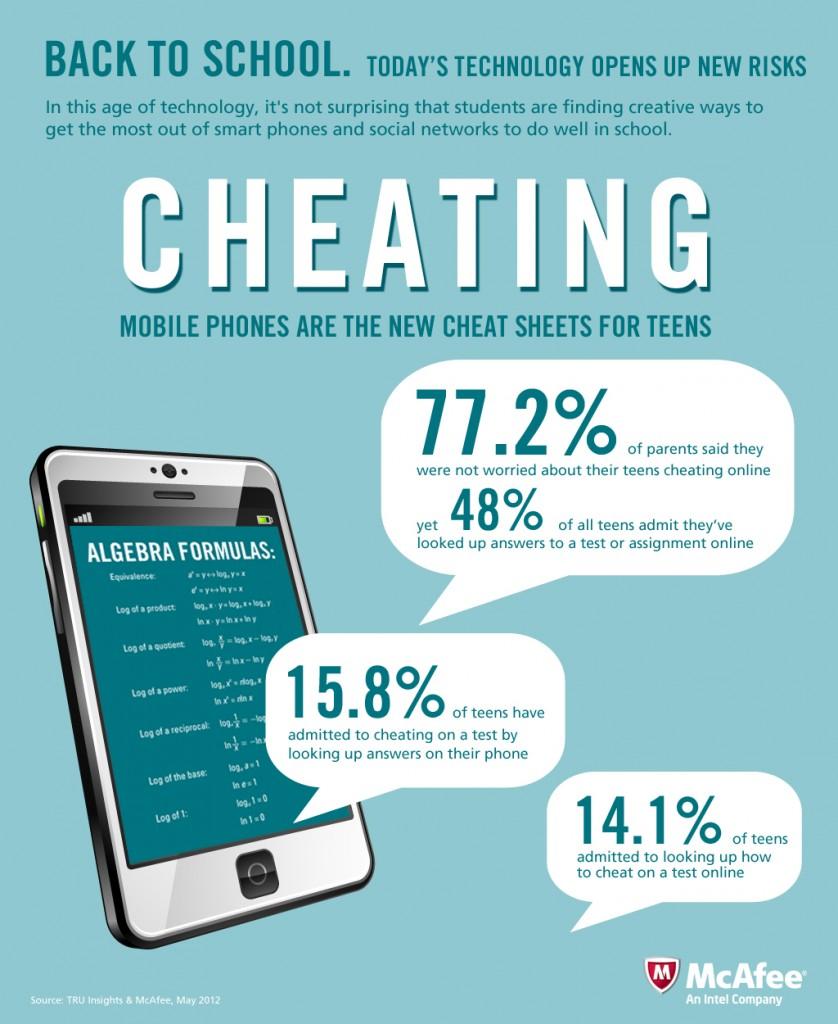The Psychology Behind Cheating
April 14, 2016
In the wake of a group of EHS students cheating on finals by sending answers to the test through a group chat, many are wondering what exactly drives kids to cheat in the first place. I sat down with Janet Anderson, a therapist who runs her own counseling service in Edina and has received a bachelor’s degree in psychology and a master’s degree in social work, to find out. Here is what she had to say.
Why do students cheat?
“Ultimately, it’s fear of failure. And what does fear of failure come from? Feeling unworthy and inadequate. They don’t want to fail because they don’t want to face their own feelings of shame.”
Do you think there’s too much pressure on kids nowadays to get good grades?
“School’s definitely become more stressful and there’s more expectations on students to perform well. But I think it’s definitely more about society or parents or teachers really not helping students have a good sense of self. I think that if they had a better sense of self and we were better at helping them understand feelings and emotions – feelings of unworthiness, inadequacy, feelings of shame that a lots of kids feel – if we help them with that, they could definitely do the things that are being asked of them. Society – especially with your generation – we failed teaching them how to have a good solid sense of resiliency and self-esteem.”
What do you think needs to change?
“I think that we need people to really understand that everyone has emotions.”
Do you think social media, phones, and texting increase the chance of kids cheating?
“I think that we’re in uncharted territory about how electronic devices and social media connecting impacts kids socially, emotionally, and educationally. The other aspect is developmentally. Teenagers are at an age where their brain is not fully developed. Their frontal lobe, which has to do with rational thinking and decision making – That’s not fully developed. Now, that’s not an excuse to make bad choices, but they’re more likely to be impulsive and not think through the consequences. So I think that as a society, as adults, we need to make sure that we’re setting our kids up for success. It’s so quick to be on a group chat, to give out answers. You have kids that are impulsive and not really thinking about it. It’s like: ‘Oh, boom, here it is, this is an easy way out.’. On top of the pressure, on top of a fear of failure, feeling inadequate in general – why wouldn’t they do it?”
You can check out Janet’s website at http://
